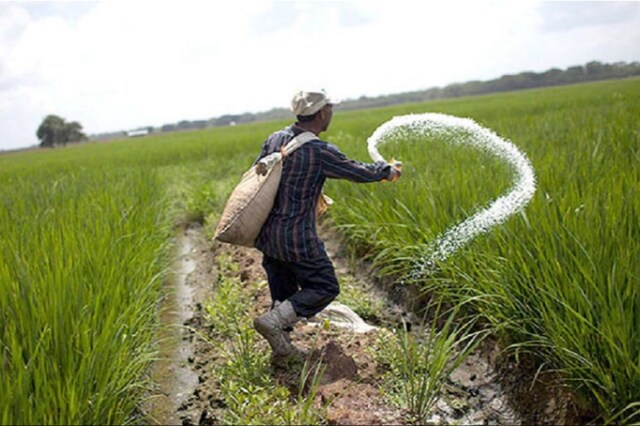

It aims to foster competition by amending the Seed Act, 1966 and Seed Rules, 1968. Current The Seeds Act, 1966 applies to only certified seeds produced of notified varieties and regulation of it's quality too is limited to the seeds of varieties that have been officially notified.
The 1966 legislation was enacted at the time of the Green Revolution, when the country hardly had any private seed industry. Over the last three decades or more, however, private companies and multinationals have made significant inroads, particularly into crops that are amenable to hybridisation. Therefore there was a need to regulate the development and sale of seeds for which draft seed bill is designed.
Highlights of the Seed Bill- 2019
Exemptions
Exempt farmers from obtaining registration for varieties developed by them for personal use. However, if the farmer sells such seeds for a monetary consideration, then that sale needs to be registered. This is to protect the interests of other farmers who buy seeds from such a farmer.
Also, farmers are allowed to sow, exchange or sell their farm seeds and planting material without having to conform to the prescribed minimum limits of germination, physical purity and genetic purity (as required by registered seeds). However, farmers cannot sell any seed under a brand name.
Issues
The Bill does not specify whether the committees will be set up at the national, regional, state or district level; that decision would determine whether farmers can easily access the compensation mechanism.
Every seed that is sold needs to be registered. It is not clear whether the registration is an exclusive right (similar to a patent). That is, whether a producer is permitted to produce seeds registered by a different producer or not. In patent, one cannot produce items already patented by another for a specific duration, usually 20 years.
Comments
Write Comment